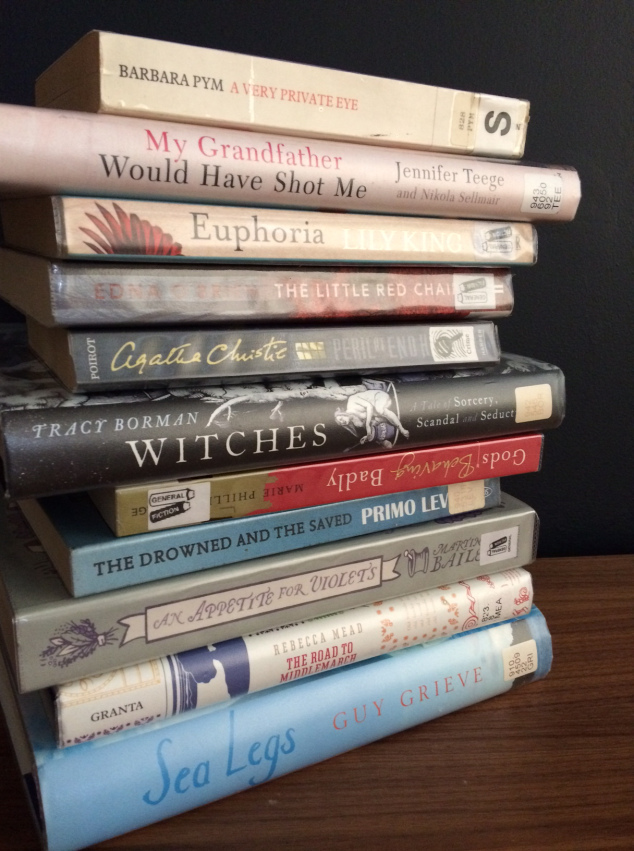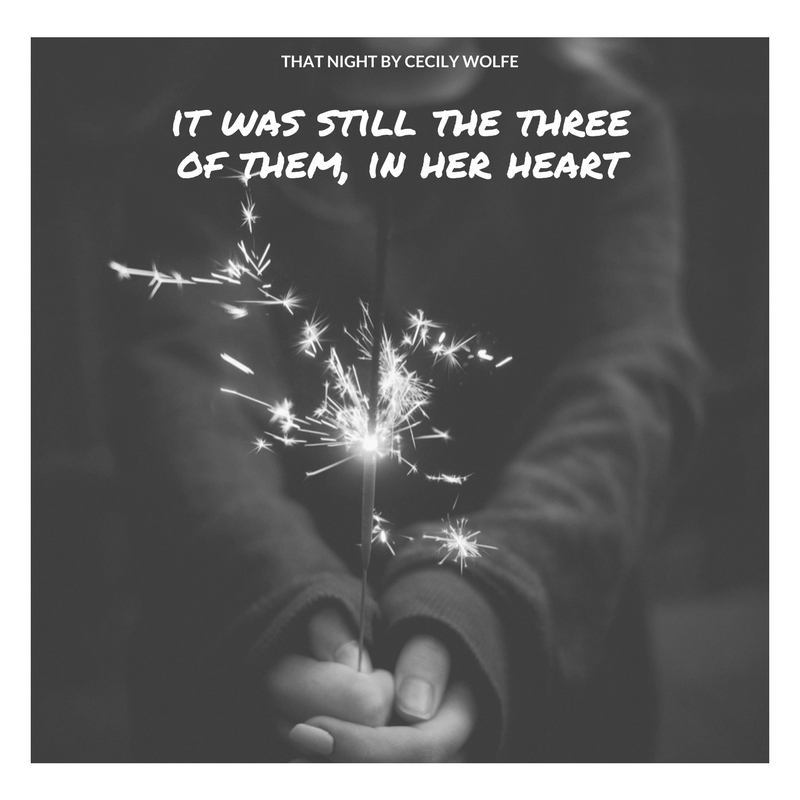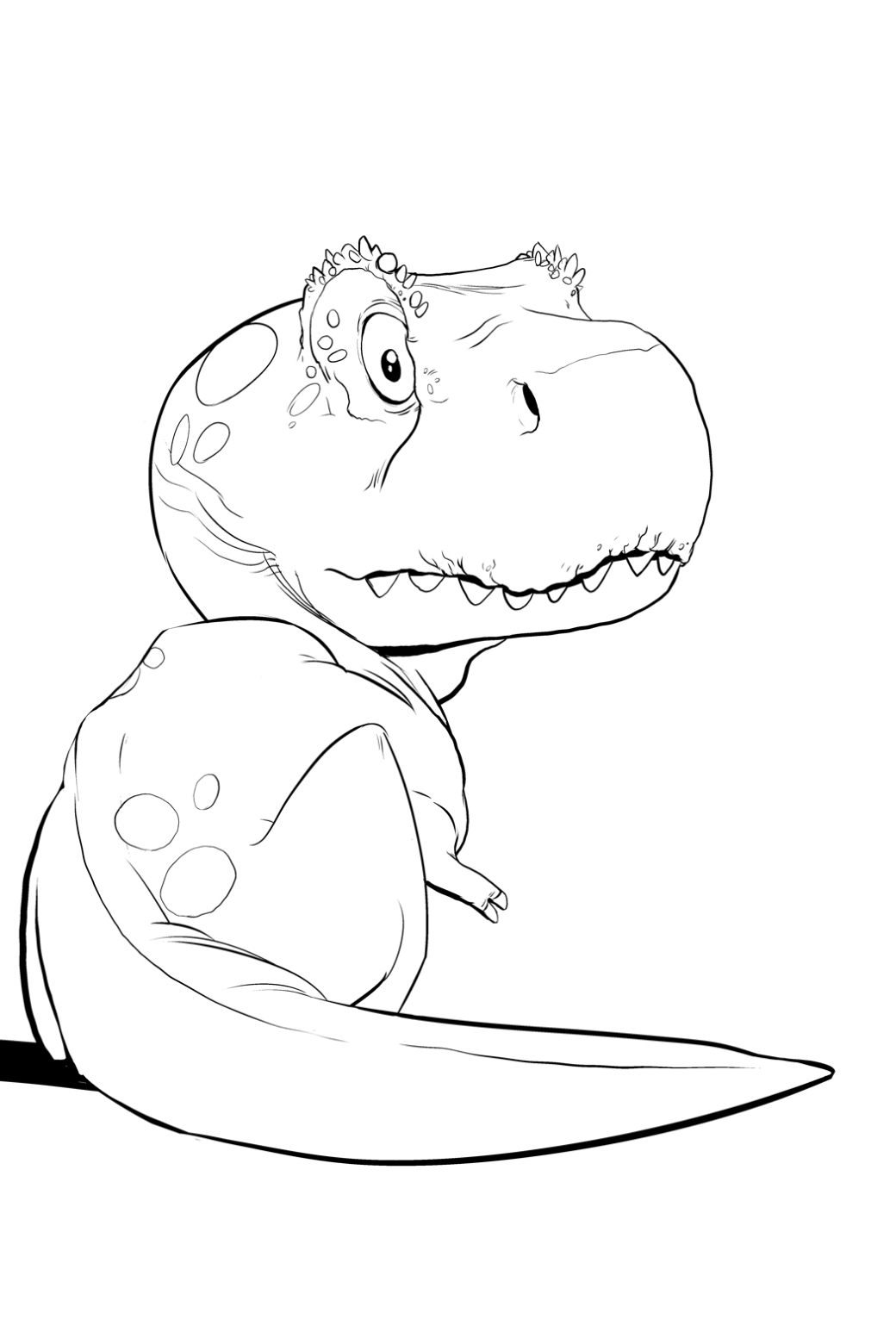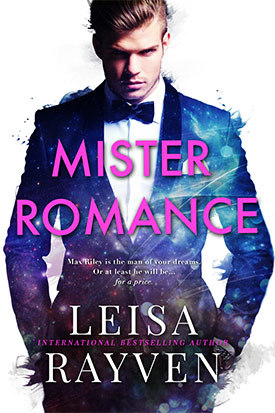
The Sarah Book, by Scott McClanahan. New York, New York: Tyrant Books, July 2017. 150 pages. $15.00, paper.
An interesting thing happened in literature recently, and not for the first time. Most readers were looking at Big Five publishers and waiting for something written by someone in New York that resembled the next great American novel. Meanwhile, readers plugged into Tyrant Books, one of the best indie publishers in the world, were reading Scott McClanahan’s latest, The Sarah Book, and quickly realizing that, if something akin to the great American novel still exists, then what they were reading certainly fit the bill. Devastatingly honest, unexpectedly humorous, incredibly sad, and unapologetically emotive, The Sarah Book is a raw, vibrating slice of Americana processed through an Appalachian filter and infused with a gritty dose of nonfiction in which there are no heroes and shame is as natural as breathing.
The Sarah Book is a hybrid text: part novel, part semi-autobiographical text, and part experimental study of heartbreak and the inner workings of an imploding marriage. Furthermore, this book is simultaneously a confession of all McClanahan’s mistakes, a look at how humans possess the ability to mess up while hovering about themselves and recognizing what they’re doing wrong, and a narrative that bridges the gap between wretchedness and comicality with unbelievable ease.
McClanahan has slowly become one of the most relevant contemporary voices in Appalachian literature. His writing has all been full of heart and plugged into something larger, something that touches on the core of the ugly things that make us human. In The Sarah Book, there is no pretense, no hero, and no attempt to look great from McClanahan’s part. He eviscerates himself and his situation, and the resulting prose is unlike anything out there: a man who knows he’s wrong, knows things are crumbling around him, but he’s as busy witnessing those things as he is trying to figure out exactly how he should feel and what he needs to do to make things right:
I decided to do something different. I decided to try and look pathetic. I tried out a disappointed and confused face and then I looked to see if that would change her mind. I looked at the floor and then I looked pathetic. I looked at the walls and I tried to look confused and full of fear. Then I looked at Sarah and she still wanted a divorce. I looked at my hands and then I looked pathetic. I put my head in my hands and I tried to look disappointed and pathetic and confused all at the same time. But then I looked at Sarah and she still looked like she wanted a divorce. I thought I should try something different.
This interstitial space between thoughts and immediate reality is where McClanahan resides for most of the narrative. He knows things are bad, but he doesn’t quite have the tools to make them right, and he knows it. There are more mistakes and frustration and pain and days spent living in his car in the parking lot of a Walmart contemplating people and life and the future as well as the past. Throughout all of that, McClanahan’s unique rhythm, which has always been a mixture of repetitiveness and profound simplicity that borders on street philosophy, carries the story forward at a dizzying pace.
The use of photos presents a new turn in McClanahan’s style and the appearance of a sick dog leads to writing that makes you laugh while cringing, but there is something else here, some ineffable, that makes The Sarah Book special. From the first page, the story feels real, and while there are plenty of regrets in there, there is something that makes this unique story universal, and that is the realization that, given a second chance, we would all do things differently:
If I knew things would have turned out like this, I would have been different. If I knew things would have turned out like this, I would have been nicer.
I once heard Spanish songwriting maestro Joaquin Sabina say that a great song is a great lyrics set to great music and … something else that no one knows exactly what it is or how to achieve. McClanahan’s work is like that: great stories told in great prose … and something else, something magical and strange, that makes it special, and The Sarah Book is his most special effort yet.
Buy The Sarah Book at Amazon
Buy The Sarah Book at Powell’s Books
Buy The Sarah Book at Tyrant Books
***
Gabino Iglesias is a writer, journalist, and book reviewer living in Austin, Texas. He’s the author of Zero Saints, Hungry Darkness, and Gutmouth. His reviews have appeared in Electric Literature, The Rumpus, 3AM Magazine, Marginalia, The Collagist, Heavy Feather Review, Crimespree, Out of the Gutter, Vol. 1 Brooklyn, HorrorTalk, Verbicide, and many other print and online venues.
What’s HFR up to? Read our current issue, submit, or write for Heavy Feather.
Advertisements Share this:




